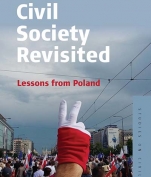 |
On the Disappearing Mother. Political Motherhood, Citizenship and Neoliberalism in Poland |
Renata HryciukHryciuk |
2017 |
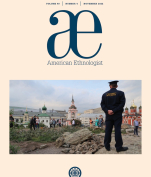 |
Distributed humanitarianism. Volunteerism and aid to refugees during the Russian invasion of Ukraine |
Elizabeth Cullen Dunn, Iwona KaliszewskaKaliszewska |
2023 |
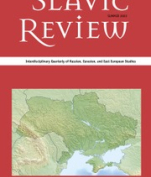 |
The Islamic Framing of the Economic Activities of Salafi-oriented Muslims in Dagestan, North Caucasus: An Anthropological Approach |
Iwona Kaliszewska, Jagoda Schmidt, Marek KaletaKaliszewska |
2022 |
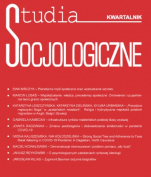 |
Strong Social Ties and Adherence to Face Mask Wearing in COVID-19 Pandemic in Dagestan, North Caucasus |
Iwona Kaliszewska, Iwa KołodziejskaKaliszewska |
2022 |
 |
Poland: Policing Women, Policing Minorities We recommend the latest issue of "Social Research: An International Quarterly", including an article by Prof. A. Kościańska |
Agnieszka KościańskaKościańska |
2024 |
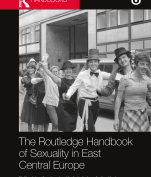 |
The Routledge Handbook of Sexuality in East Central Europe |
Edited By Agnieszka Kościańska, Anita Kurimay, Kateřina Lišková, Hadley Z. RenkinKościańska |
2025 |
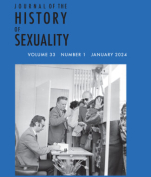 |
Productive Sexological Self-Censorship in Late Communist Poland between State and Church |
Agnieszka KościańskaKościańska |
2024 |
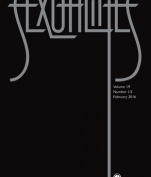 |
Special issue of "Sexualities" |
Kościańska Agnieszka, Renkin Hadley (red.)Kościańska |
2016 |
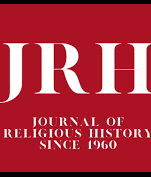 |
Catholic Intimacies: Negotiating Contraception in Late Communist Poland |
Agnieszka Kościańska, Agata Ignaciuk, Agata ChełstowskaKościańska |
2022 |
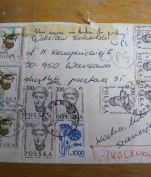 |
Contact building: emotional exchanges between counsellees and counsellors in the late socialist period in Poland |
Agnieszka KościańskaKościańska |
|
 |
The Schism of ’68 Catholicism, Contraception and Humanae Vitae in Europe, 1945-1975 - articles by Agnieszka Kościańska and Agata Ignaciuk |
Agata Ignaciuk, Agnieszka KościańskaKościańska |
2018 |
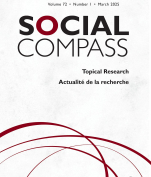 |
Negotiating moral regimes: Polish Catholics’ changing attitudes towards Catholic sexual ethics |
Agnieszka Kosiorowska-Le RallKosiorowska-Le Rall |
2025 |
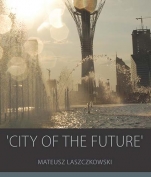 |
‘City of the Future’ Built Space, Modernity and Urban Change in Astana |
Laszczkowski MateuszLaszczkowski |
2016 |
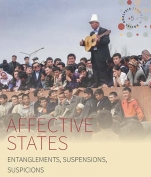 |
Affective States: Entanglements, Suspensions, Suspicions |
Mateusz Laszczkowski, Madeleine Reeves (red.)Laszczkowski |
2017 |
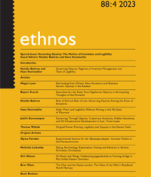 |
The Big, the Small, and the Ugly: The Politics of Scale-Making in a Contested Railway Project in Italy We recommend an article by Jacek Żukowski PhD in "Ethnos". The article looks at the disputes surrounding the high-speed railway project in the Italian Alps. Using this example, the author argues that scale in infrastructure 'mega-projects' - their seemingly obvious 'size' - is the result of political processes in which the agency of various actors, from macroeconomic factors to microscopic particles in the air, is negotiated. |
Mateusz LaszczkowskiLaszczkowski |
2023 |
 |
Notes from a Blurry Border |
Mateusz LaszczkowskiLaszczkowski |
2018 |
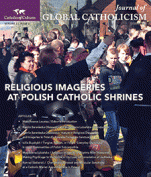 |
Religious Imageries at Polish Catholic Shrines -articles in The Journal of Global Catholicism |
Magdalena Lubańska, Kamila Baraniecka-Olszewska, Julia Bujskich, Konrad SiekierskiLubańska |
2018 |
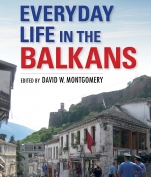 |
Religious Boundaries, Komsholuk, and Sharing Sacred Spaces in Bulgaria |
Magdalena LubańskaLubańska |
2018 |
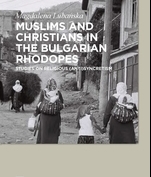 |
Muslims and Christians in the Bulgarian Rhodopes. Studies on Religious (Anti)Syncretism |
Lubańska MagdalenaLubańska |
2015 |
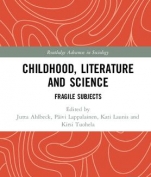 |
Between Monster Child and Innocent Baby: Managing Fear and Hope in Polish Debates on In Vitro Fertilisation |
Ewa Maciejewska-Mroczek, Magdalena Radkowska-WalkowiczMaciejewska |
2018 |